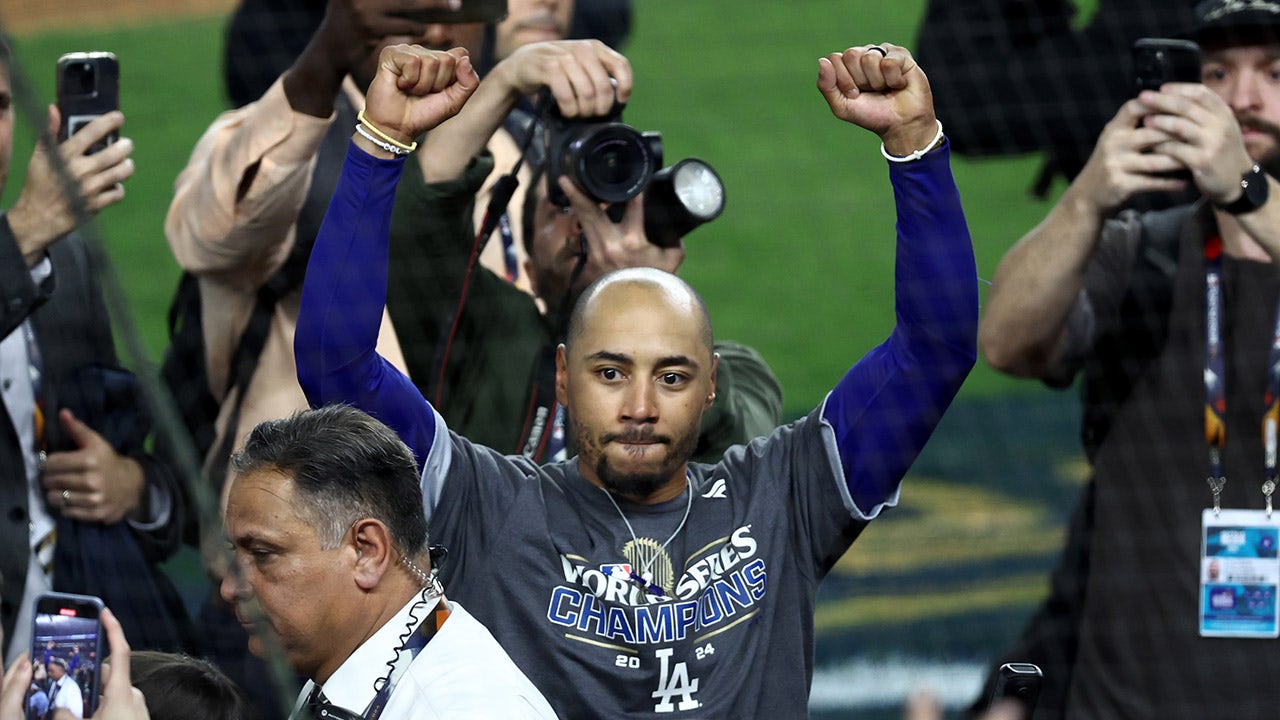Dr Vivek Chaturvedi, Head, Department of Cardiology, Amrita Hospital, Faridabad shares, “Physicians, to some degree, are more prone to developing chronic diseases, particularly heart disease, and this susceptibility can be attributed to several factors. It is now widely acknowledged that both intense mental and physical stress, as well as recent infections, play a role in the occurrence of heart attacks and the rupture of arterial constrictions. While conclusive data is still limited, it is evident that physicians experience a higher incidence of three factors: extreme physical stress, mental stress, and infections. The stress arises from the demanding nature of caring for sick individuals, the challenging and sometimes hostile work environment, long working hours, and increased exposure to infections due to frequent patient contact. These factors collectively contribute to the heightened vulnerability of physicians. As a result, there is a worrisome increase in unfortunate cases among healthcare professionals.”
People known to him are lauding him for working over 14 hours everyday. Cardiologist Dr Mohit Gupta feels this is where the problem lies. “People are living in a pandemic of personal mismanagement. We are driven by an endless race where we tend to forget our own self. Self care should be a priority for everyone. We need to take out time for ourselves. We have to make sure that we are getting ourselves properly investigated and trying to lead a wholesome life.” He further adds, “Surveys in India show disastrous data of an increasing incidence of heart attack in the age group of 18 to 35 years. And the single most important reason emerging is psychosocial stress and that endless drive to do something. If you are not nurturing your own self, you cannot heal others. You have to be your own healer too.”
HOW TO HANDLE CONFUSING HEART ATTACK SYMPTOMS
The details of the doctor’s death are even more perplexing and confusing. He experienced chest pain, got himself checked at his hospital, ECG showed normal and he was told it was possibly acidity. Only a few hours later, he was found dead in his washroom.
The presence of confusing symptoms and an increase in heart attack fatalities is indeed a concerning issue. Heart attack symptoms can vary from person to person, and they are not always clear-cut, says Dr Chandrashekar, Associate Director – Cardiology, Max Super Speciality Hospital Shalimar Bagh. “One should never ignore any symptom of heart attack. When symptoms of a heart attack are mistaken for a gastric issue, valuable time can be lost in providing the appropriate medical intervention. It is crucial for healthcare professionals to thoroughly evaluate patients presenting with symptoms that could indicate a heart attack, such as chest pain, shortness of breath, and arm or jaw discomfort. These symptoms should not be easily dismissed as solely related to gastric problems, as prompt recognition and treatment of a heart attack can be life-saving. To help prevent such cases in the future, it is essential for healthcare providers to maintain a high level of clinical suspicion and consider all possible causes for a patient’s symptoms, even if they initially appear to be unrelated to heart attack.”
Dr Vivek further adds, “By and large, heart disease can mimic any symptom arising in the region from face to upper abdomen. Important thing to remember is that heart disease symptoms don’t last in seconds or hours. Typically they are in minutes; if they increase invariably it is due to impending attack. Hence any new symptom, whether acidity tightness, sudden breathlessness, pain, sudden discomfort with sweating, should be thought of as cardiac and an ECG done. Someone who never had any acidity before, but suddenly gets this symptom with uneasiness, should be concerned. This is especially true for people at higher risk like diabetes, old age, heavy smokers, multiple risk factors or strong family history of early heart disease.”
It’s particularly important to be aware of accompanying symptoms along with chest tightness that may indicate a more serious condition and require medical attention on prompt basis, such as,
• Chest pain or pressure that radiates to the arm, jaw, neck, or back.
• Shortness of breath or difficulty breathing.
• Nausea, lightheadedness, or dizziness.
• Sweating.
• Pale or clammy skin.
• Change in heart rate and blood pressure
ARE INDIANS MORE AT RISK OF HEART ILLNESS?
Dr. Sunil Wani, Consultant, Cardiology, Kokilaben Dhirubhai Ambani Hospital, Mumbai explains, “Indian population is prone to having heart disease, due to genetic risk factors. Even doctors are humans so it is natural that they are prone to heart issues too and can have a family history of it. Further, Diabetes, blood pressure, high cholesterol, and smoking all have an effect on men as they age.
Nowadays the spectrum has shifted. Diabetes used to affect patients when they were 50 years old, but these days people as young as 35 are being diagnosed with the disease. Therefore, if a disease develops earlier, other organs such as the eyes, kidneys, heart, peripheral nerves, etc. are affected because it is inflammatory. Therefore, if someone develops diabetes at age 35, he is more likely to experience a heart attack in his early 40s if he does not take care of his health.”
GASTRITIS OR HEART ATTACK?
While symptoms of gastritis and unease can also mimic heart problems and vice versa, a gastritis event is not fatal in contrast to a heart problem. Dr Sunil adds, “Whenever a person feels uneasy, experiences shoulder discomfort, is excessively sweaty, feels jaw pain, or a feeling of being choked or throttled with shortness of breath, excruciating pain on the left side and the medial part are also reasons for concern. Also in some patients, it is the right side pain, as the heart can be on the right side in some people by birth, which is Dextrocardia is a rare congenital condition. One should see a doctor right away, especially if there is an underlying risk factor already present, such as diabetes or high blood pressure. Many times it will be a gastric problem. However, if a person is obese and has risk factors one should go to a doctor.”
WHAT YOU NEED FOR GOOD HEART HEALTH
Heart disease is one of the most common causes of deaths in India. To keep our heart safe, there are certain measure we all must take:
Eat healthy and wholesome foods
Be physically active
Maintain a healthy weight
Know your family history
Manage stress
Sleep well
Do not smoke and stay away from second hand smoke
Get your annual tests done
Control your BP and cholesterol















































